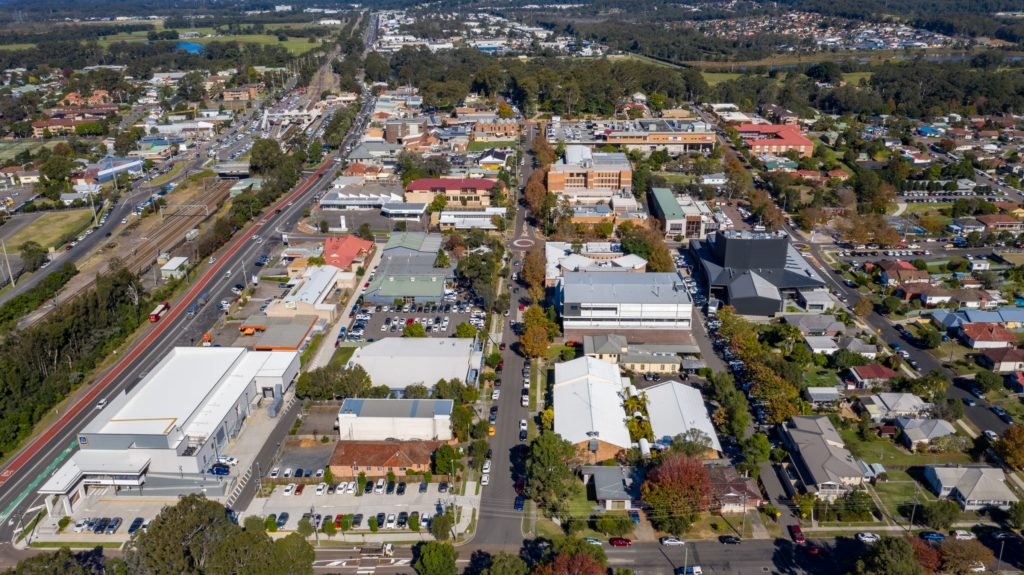NSW councils are sick of being scapegoated for the state’s housing crisis and have called for an urgent sit-down meeting with Premier Chris Minns, key Ministers and planning bureaucrats.
Local Government NSW (LGNSW) President Darriea Turley said councils had consistently sought to take a collaborative and positive approach to working with the government to help ease the housing crisis.
“Making councils the whipping boy is disingenuous and it has to stop,” Turley said.
“The Premier, Planning Minister Paul Scully and Housing Minister Rose Jackson well know that councils are approving 97 per cent of all DAs and have met 2022-23 state housing targets by approving more than 85,095 dwellings.
“Far more development applications are being approved than builds commencing: the figures for the past two financial years show 103,460 DAs determined but only 83,419 construction certificates lodged.
“Even fewer homes are being completed: over that 24-month period only 70,886 occupation certificates were requested.
“These are the government’s own figures, and the rhetoric being bandied about in State Parliament and in the media is nothing more than convenient fiction.”
Turley said the significant disparity between approved DAs and construction certificates showed the failure of private developers to build homes already approved.

“Land banking is a massive problem – some developers have no intention of developing and selling the number of homes required to meet demand, because this would simply drive down the cost of homes and therefore their profits,” she said.
“All you hear from the development industry is the need for less regulation and faster approvals.”
Turley said land banking of a different sort was undertaken by smaller developers, who may have had every intention to proceed but now find they cannot make a profit due to a 20 per cent rise in the cost of materials, labour shortages and high interest rates.
“The business model for most developers and builders requires them to carry debt, so the spike in interest rates – something neither local nor state governments can control – makes it uneconomic for them to proceed,” she said.
“Labour shortages, and the declining number of subcontractors are other factors.”
Turley said it was time to end the blame game, and proposed a roundtable involving the local government sector, state government ministers, senior planning bureaucrats and developers.
“We are all stakeholders, and we all want to find a solution to the housing crisis,” she said.
“Councils and their communities want liveable homes rather than cheap, easy developments thrown up without any scrutiny.
“Communities want housing growth and lower prices, supported by critical local infrastructure such as roads, public transport, parks, public schools and hospitals.
“Developers want to be able to plan and build homes with some certainty as to the process, and they have a right to a fair profit for doing so.
“The State Government wants all of these things, so let’s stop the pointless and misleading sniping and focus on working together to develop and implement sensible, workable solutions in the best interest of all.”
Source:
Local Government NSW




Yes and residents are not to blame as well with proposals to develop their homes put them on the street. Head of the committee for the oasis caravan park. 400 residents on the street